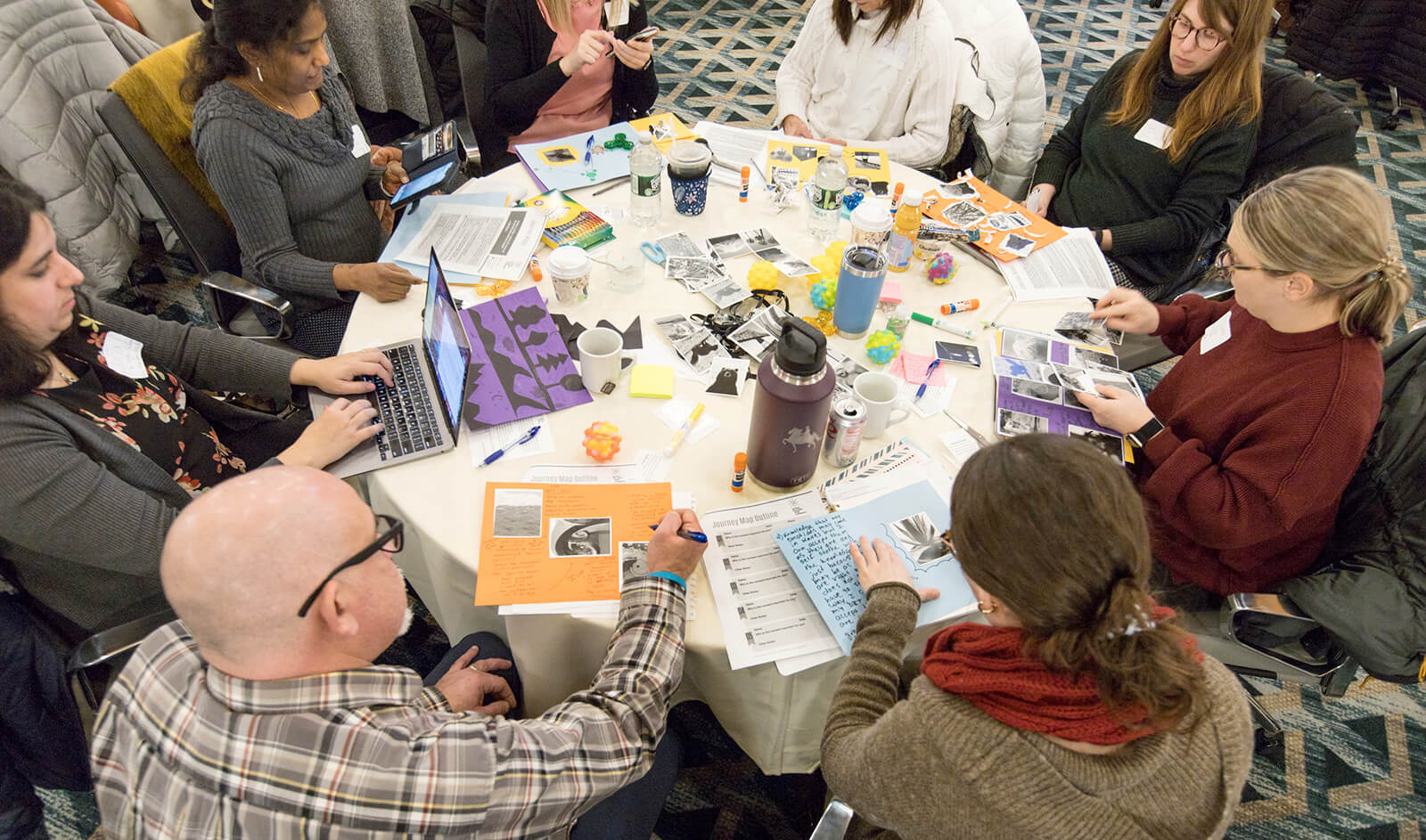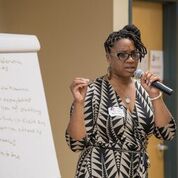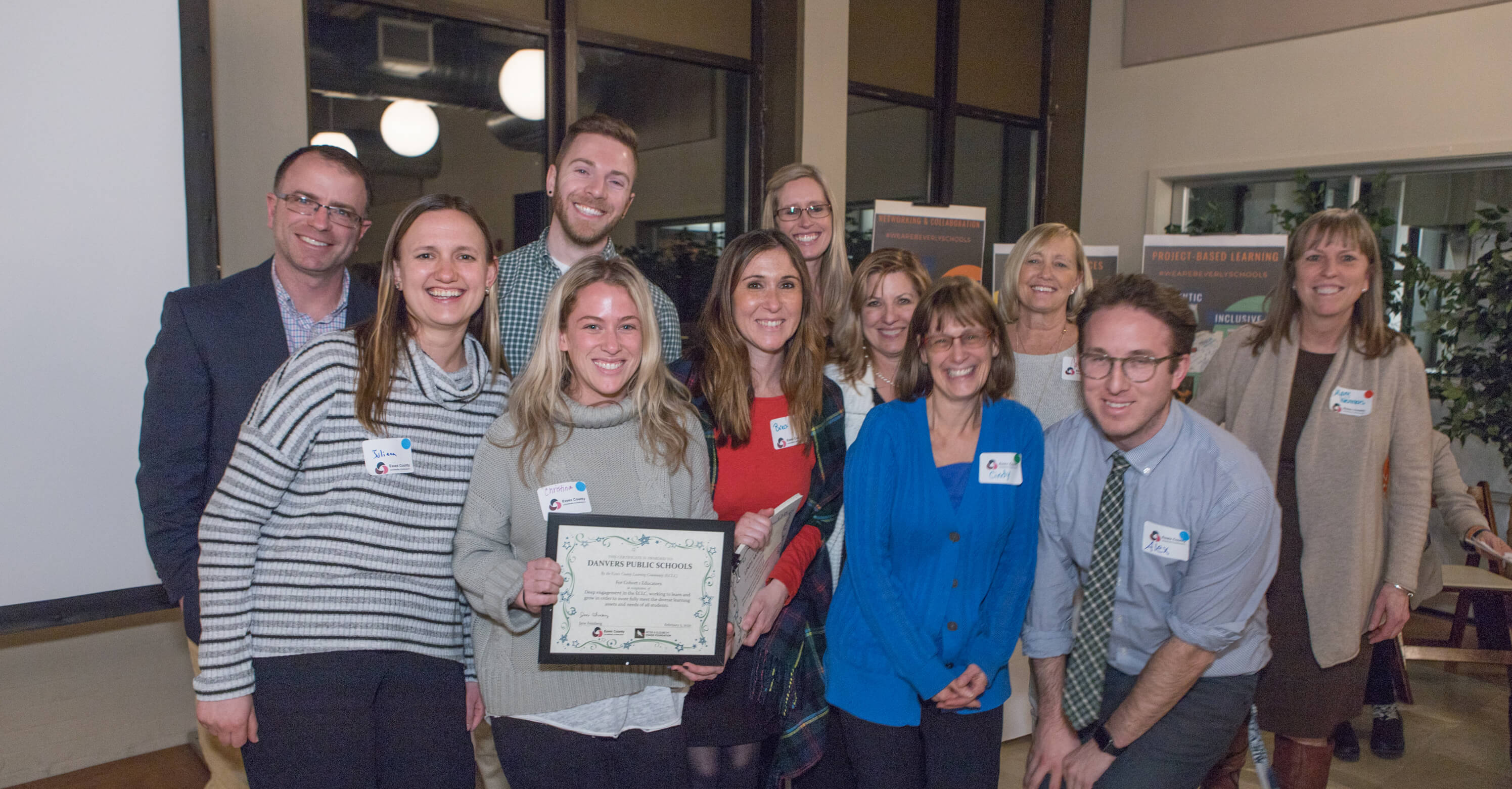
At Power of Place Learning Communities our focus is
not just on what we do, but how we do it.
The research is clear: When teachers are learning, so are their students. Not all adult learning is equal, and some is far more meaningful than others. Our work in designing rich adult learning experiences is driven by this reality, and grounded in the science of learning and development. We know that “how” educators learn is equally important to “what” they learn through professional development, and that learning sticks best when people develop a positive connection to one another.
Put simply, we offer educators the collaborative time, space, resources, and support they need to grow relationally and professionally. By connecting meaningfully with one another over time—whether inside a single school, within a district, or across districts—educators come to feel a renewed sense of purpose, increased energy, and confidence. When educators invest deeply in their own learning, they are better equipped to meet the social, emotional, and academic needs of all of their students. As a result, individual and collective efficacy grow and systems begin to change.
“I now know that I am not alone.”
– Teacher Leadership Council Member, 2019
All of our professional learning experiences are done as a learning community, with participants at all levels from districts across our region.
Clear research that illustrates that when adults in schools learn together in sustained and intentional ways, students benefit greatly. Learning communities help to address the isolation felt by so many educators, and offer them the opportunity to share their challenges, lessons learned, and bright spots with peers who understand.
We offer two core features of what Fahey and Ippolito (2015) call an "intentional learning community:"
 “I’m too busy to be here… which is why I need to be here.”
“I’m too busy to be here… which is why I need to be here.”
– Winter Gathering Participant, 2023
When educators are appreciated as valued professionals, they are better able to appreciate the rich array of students who enter their classrooms, schools, and communities. We provide educators with the same level of best-in-class learning experiences offered in other fields.
